The Qinghai Lake National Nature Reserve in Northwest China’s Qinghai Province has updated its list of protected wildlife, adding 10 species to the previous total of 72, according to a report by the Xinhua News Agency on Sunday.
The updated list, which was revised by experts, includes 82 species of protected wildlife. The number of national first-level protected animals has increased from 19 to 22, with the addition of species such as the Relict Gull.
At the same time, the number of second-level nationally protected animals has increased from 53 to 60, with birds such as the Booted Eagle and Rough-legged Hawk being newly added. In addition, the number of nationally protected wild plants has reached 12 species, including the Pomatosace filicula and Cynomorium songaricum.
According to the report, the revision of the wildlife list focused on optimizing and adjusting the bird list. Species with uncertain records were removed from the original list and new species that have been monitored in recent years were added, increasing the total number of bird species from 232 to 281.
Qinghai Lake is the breeding ground of waterbirds. And the number of water birds in the reserve has exceeded 100, with new additions such as the Long-tailed Duck and Long-toed Stint, the White-breasted Waterhen, Black-headed Gull and the Red-necked Grebe.
The updated list includes 44 species of mammals, 281 species of birds, two species of amphibians, three species of reptiles, ten species of fish, 457 species of plants, 56 species of aquatic plants, 119 species of Phytoplankton, 187 species of Plankton, 161 species of benthic animals, and 18 species of large attached algae, the local newspaper Qinghai Daily reported.
First founded in 1975, the Qinghai Lake National Nature Reserve is located in the northeast of the Qinghai-Xizang Plateau, covering the entire water area of the Qinghai Lake and the islands, beaches and lakeshore wetlands, where birds breed and nest. The reserve is the earliest of its kind in China to be listed in the list of Wetland of International Importance according to the Convention on Wetlands of International Importance especially as Waterfowl Habitat (Ramsar Comvention) in 1992, according to the UNESCO.








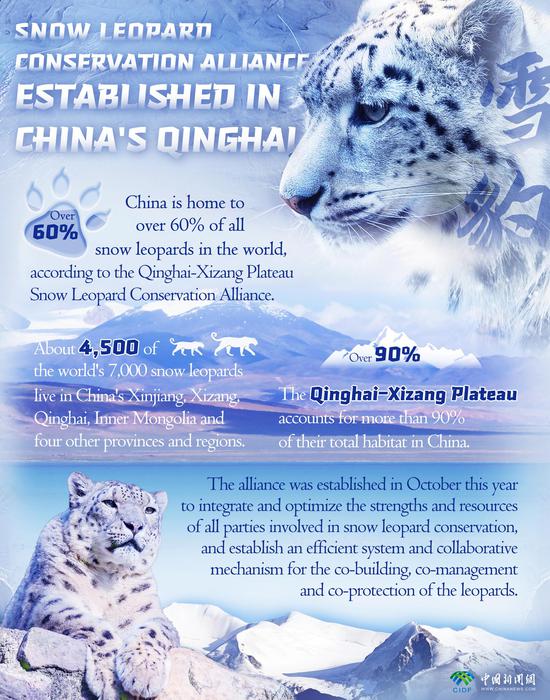
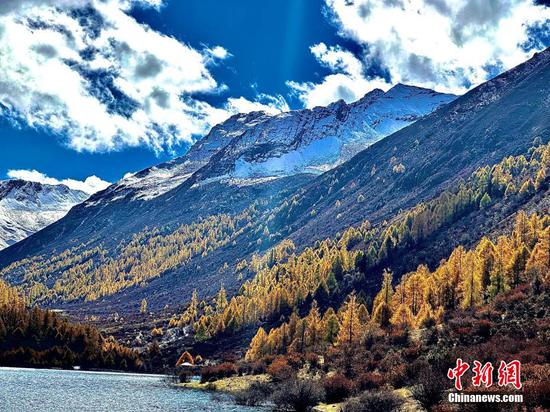




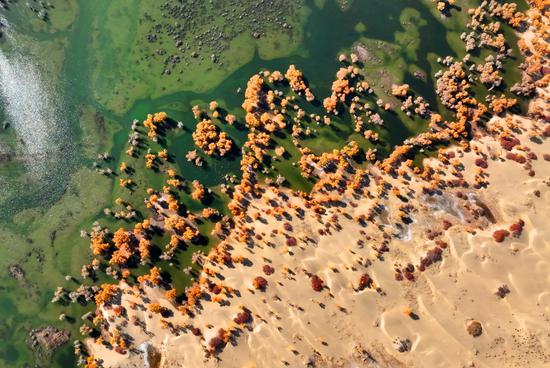




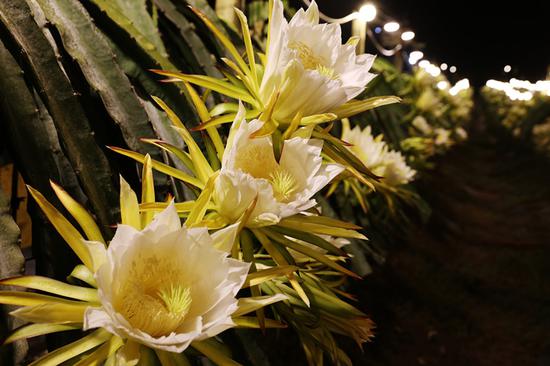




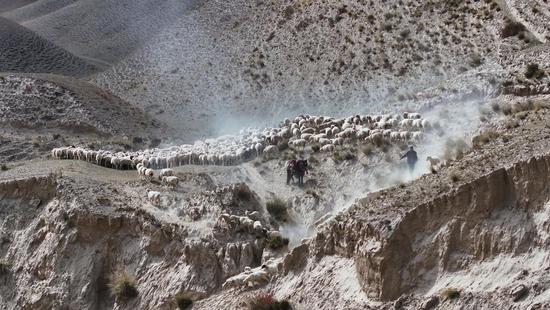
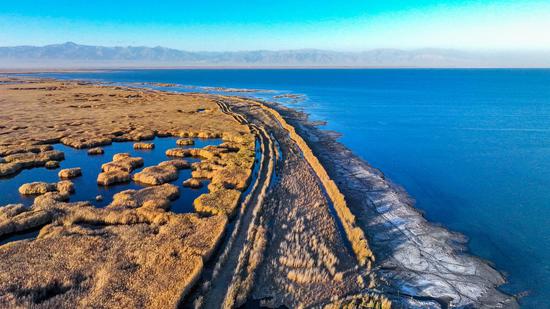


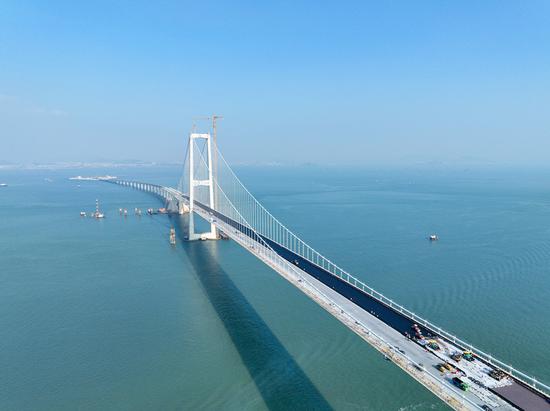
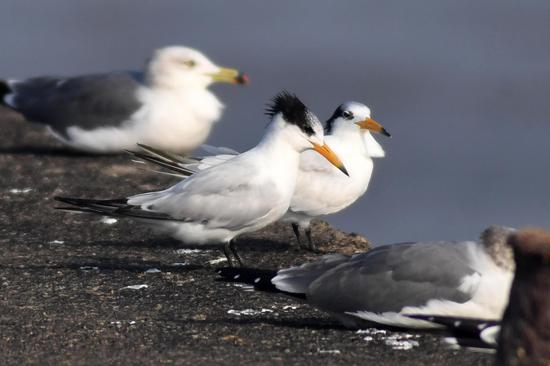
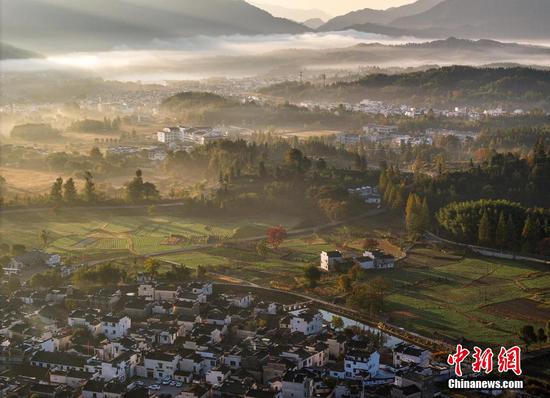
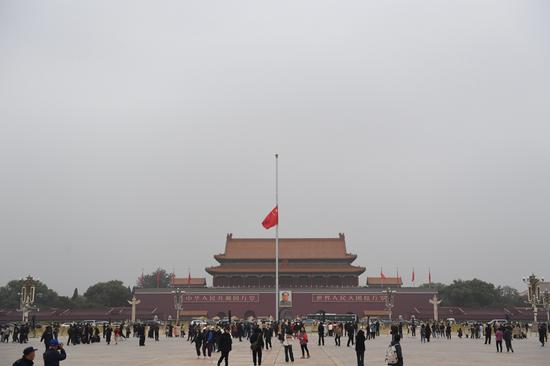





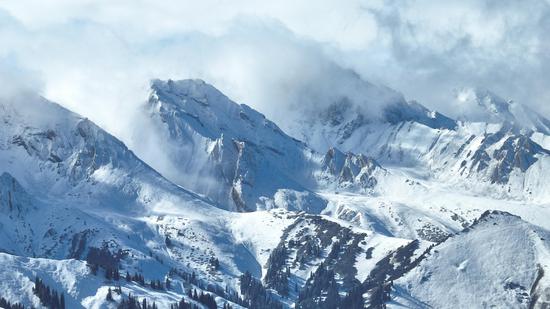




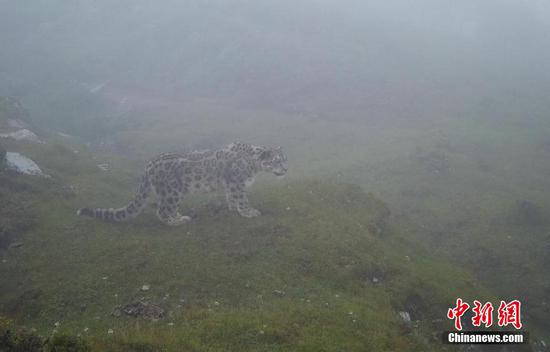







 京公网安备 11010202009201号
京公网安备 11010202009201号